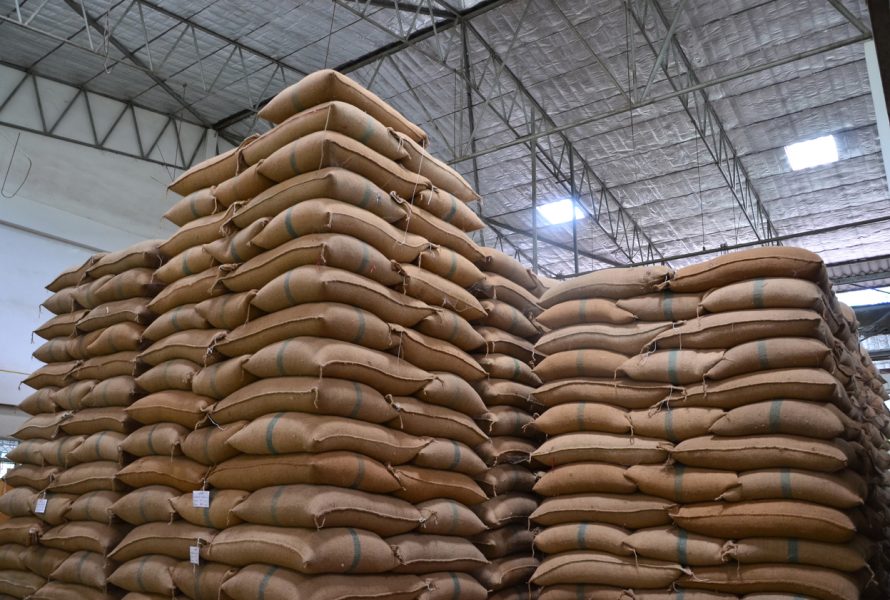
UAE bans export, re-export of Indian wheat for four months

The United Arab Emirates (UAE) has ordered suspension of exports and re-exports of wheat and wheat flour originating from India for four months, the Gulf nation’s ministry of economy said on Wednesday (June 16).
The move follows India banning the export of wheat last month to check the surge in local prices. With this, Indian wheat cannot be rooted to third countries via the UAE.
The ban, which the ministry called as ‘moratorium’, has been imposed effective from May 13 “in view of the international developments that have affected trade flows”.
India had on May 14 banned wheat exports except for those backed by already issued letters of credit (LCs) and to countries seeking to ensure food security. Since then, it has allowed shipments of 469,202 tonnes of wheat.
The United Arab Emirates Ministry of Economy said the ban “applies to all wheat varieties namely hard, ordinary and soft wheat and wheat flour.” In a statement, the UAE said a moratorium has been imposed “on the export and re-export of wheat and wheat flour originating from the Republic of India, including free zones, for a period of four months starting from May 13, 2022.”
This “decision comes in view of the international developments that have affected trade flows, and in appreciation of the solid and strategic relations that bind the UAE and India, especially after the signing of the Comprehensive Economic Partnership Agreement between the two countries and the Indian government’s approval to export wheat to the UAE for domestic consumption.”
India and the UAE had in February signed the Comprehensive Economic Partnership Trade Agreement (CEPA) to cut all tariffs on each other’s goods and aims to increase their annual trade to USD 100 billion within five years. The pact took effect on May 1.
“However, companies wishing to export/re-export wheat and wheat flour varieties of Indian origin, which were imported into the country before May 13, 2022, must submit a request to the Ministry to obtain permission to export outside of the UAE,” the Ministry said.
They must submit all documents and files that help verify the data regarding the shipment in terms of its origin, date of transaction, and any other documents that the Ministry may require.
Also read: Non-BJP states prepare to pressurise Centre for extending GST compensation by 5 years
The Ministry also indicated that in the case of wheat and wheat flour products of non-Indian origin, companies wishing to export/re-export it may do so after applying to the Ministry for export permission outside the country.
This application must also be supported by all documents and files that help verify the origin of the shipment to be exported/re-exported.
The Ministry noted that the export permit issued to companies is valid for 30 days from the date of issuance and must be submitted to the relevant customs department in order to complete the procedures for exporting the shipment out of the UAE.
(With inputs from agencies)

